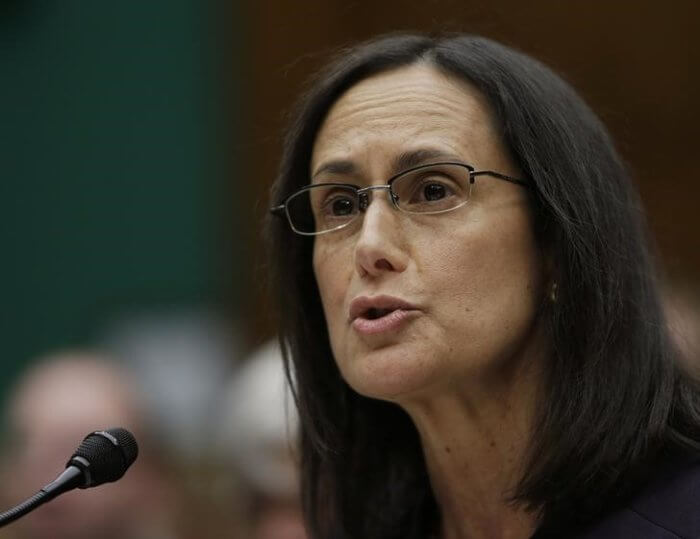By David Lawder
WASHINGTON (Reuters) – Repealing President Barack Obama’s signature healthcare reform law would increase the U.S. budget deficit by $353 billion over 10 years, congressional forecasters said on Friday, more than triple the red ink compared to an estimate three years ago. But the Congressional Budget Office and the Joint Committee on Taxation said the deficit increase would only be $137 billion if economic feedback effects were considered, a sign of a new Republican mandate for increased use of “dynamic scoring” that includes the economic impact of legislation. The new estimate comes as Republicans mull options for replacing the Affordable Care Act if the Supreme Court rules against the law’s mechanism by the end of June.
The CBO and JCT said repeal of the Obamacare law would increase the number of uninsured Americans by about 24 million in 2025 and cut the share of nonelderly people with insurance to 82 percent from 90 percent. But they said repeal would boost economic growth slightly, mainly by increasing the labor supply as Americans lose health insurance subsidies, boosting U.S. tax revenues. The agencies previously had estimated that more people nearing retirement age would limit their work and income to obtain the subsidies. Based on the “static” budget analysis used most often by the CBO and JCT, the $353 billion deficit increase for 2016-2025 period compares to a $109 billion increase estimated for the years 2013-2022. The higher deficit estimate stems partly from the shifting of the budget window to a time when the law is more fully implemented. Repeal would increase deficits by $275 billion over the 2023-2025 period. The CBO and JCT also have lowered healthcare cost estimates since 2012, so a repeal of Obamacare’s health coverage provisions would produce less direct savings than estimated previously.
However, the report said there was a high degree of uncertainty over the deficit estimates, which were designed to represent the middle of a broad range of possible outcomes.
“In light of the myriad uncertainties involved, it is possible that repealing the ACA could reduce deficits over that period or could increase them by substantially more than the agencies have estimated,” CBO and JCT said in the report. The new report is among the first major cost estimates produced under Keith Hall, the new Republican-appointed CBO director. Some Republicans had criticized CBO’s past Obamacare cost estimates made under Democratic appointee Doug Elmendorf. (Reporting By David Lawder; Editing by Lisa Lambert, Bill Trott and Bernard Orr)
Obamacare repeal would boost U.S. deficit, growth: government forecasters

By David Lawder






























